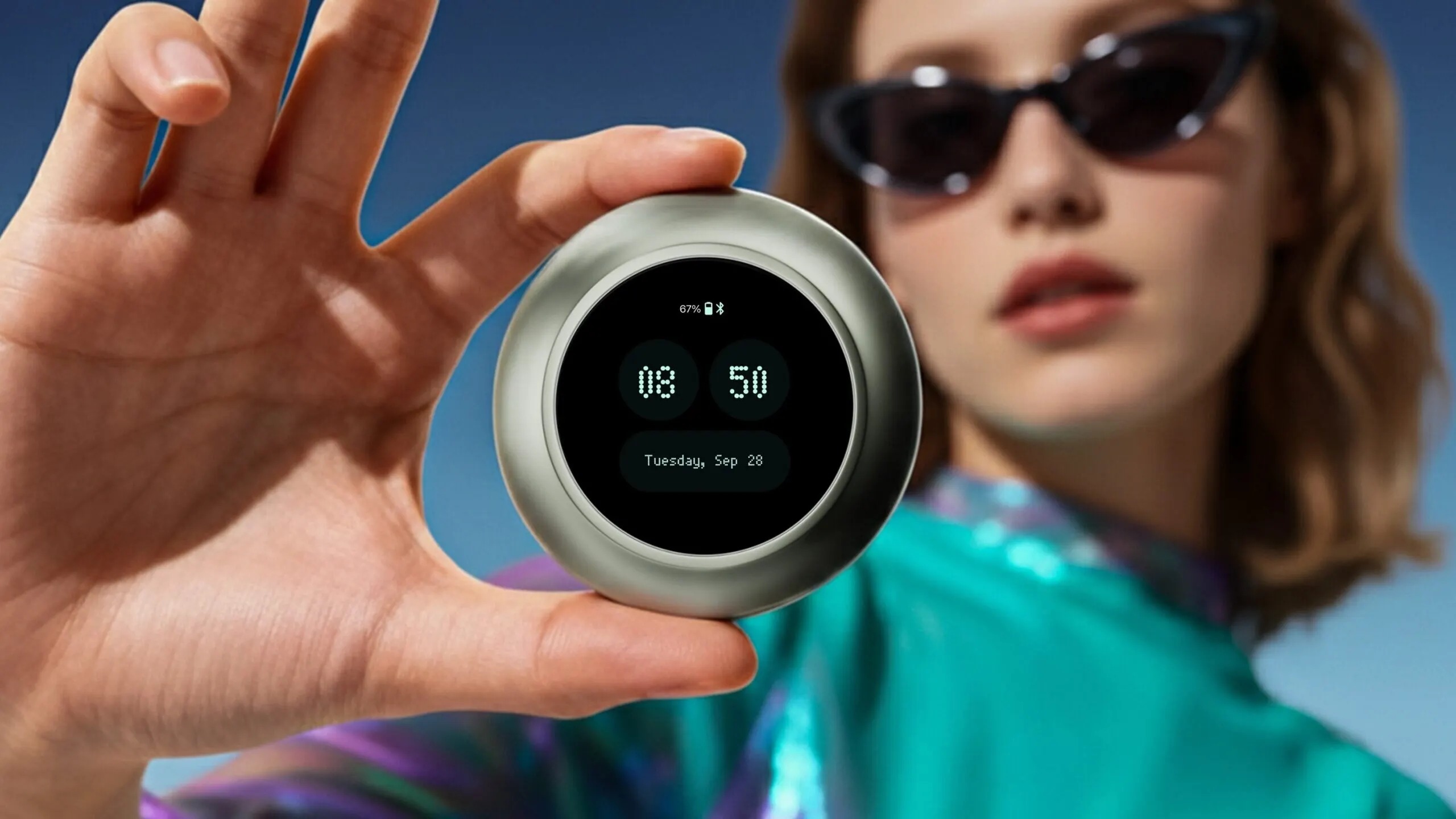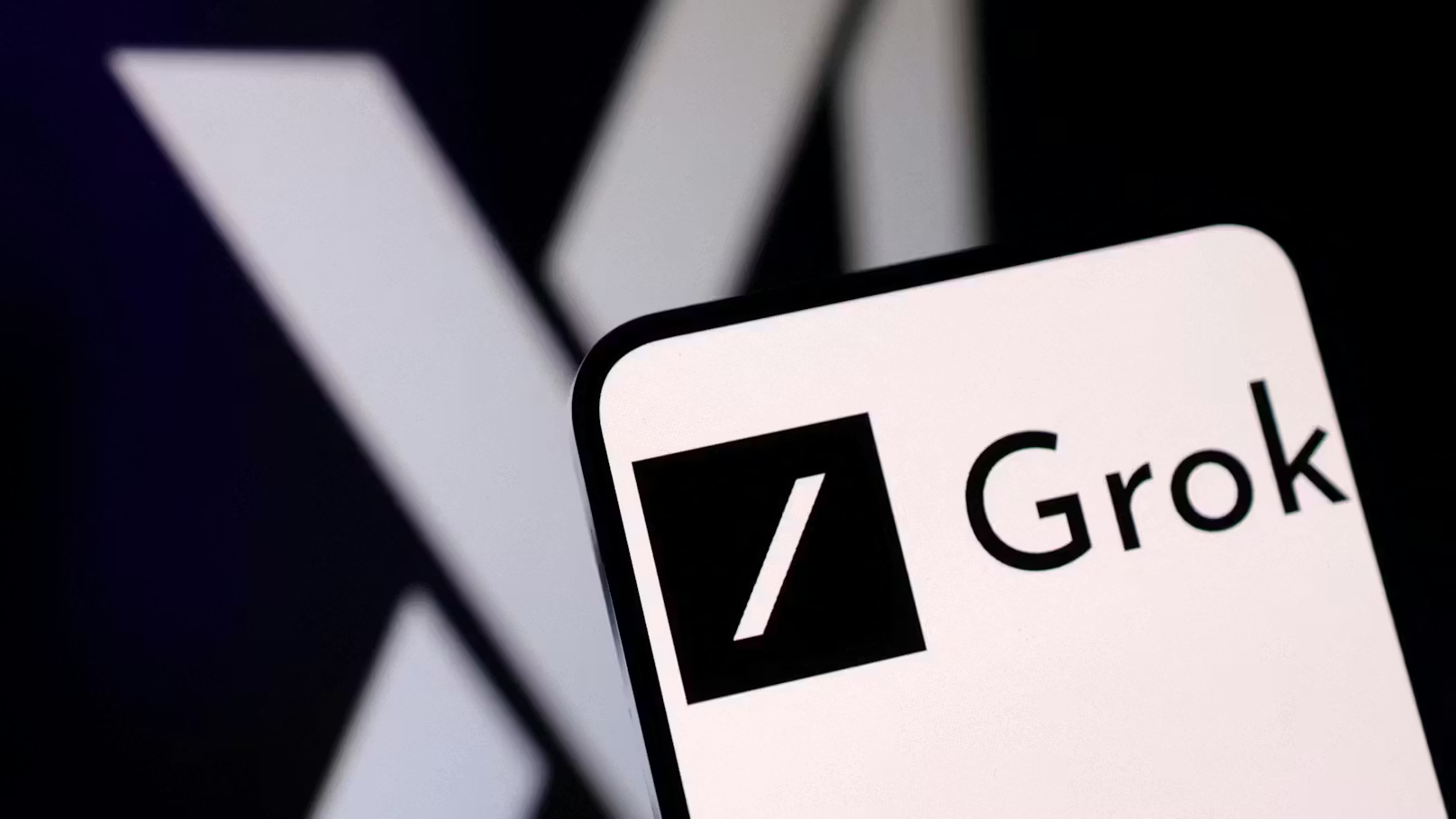Crypto kidnappings keep you awake at 3 AM, scrolling through nightmare scenarios where someone forces you to unlock your hardware wallet. The G-Knot biometric crypto wallet claims to solve this with technology that sounds like sci-fi: finger vein scanning that reads your live blood flow to generate and secure private keys. Understanding broader crypto security mistakes becomes crucial when evaluating such advanced solutions.
Unlike Ledger or Trezor devices that rely on PINs and recovery seed phrases—both vulnerable to theft or coercion—G-Knot’s $299 Founder’s Edition uses near-infrared scanning to map the unique vein patterns inside your finger. This isn’t fingerprint recognition; it requires flowing blood to function, making spoofing with severed digits or identical twins impossible according to the company.
Government-Grade Tech Meets Consumer Crypto
The same vein-scanning technology securing the International Telecommunications Union in Geneva now protects your Bitcoin stash.
G-Knot’s core innovation eliminates every traditional wallet vulnerability. No passwords to steal, no seed phrases to lose, no PINs to guess under duress. The device generates private keys locally from your unique vein patterns, storing them in secure enclaves that never expose keys externally.
When someone demands your crypto at gunpoint, your wallet literally requires your living presence—not just memorized information they can extract through threats. The premium aluminum puck features a color touchscreen and supports Bitcoin, Ethereum, Solana, BNB, and XRP. AI-driven threat detection continuously monitors for abnormal access attempts, while planned multi-signature functionality will require multiple users in different locations to authorize high-value transactions.
Premium Price for Unproven Peace of Mind
At $299 versus Ledger’s $179, G-Knot targets security-paranoid crypto holders willing to pay for biometric convenience.
The gleaming aluminum design screams luxury compared to utilitarian competitor hardware. G-Knot positions itself as making security “an afterthought”—no more memorizing 24-word recovery phrases or worrying about PIN shoulder-surfing. You simply touch the scanner, and your wallet unlocks.
G-Knot remains unproven in mass-market conditions. Independent security audits aren’t public, and real-world biometric error rates remain unknown. The company’s presale launches this month with just 10,000 units shipping in January—hardly mass adoption.
The Verdict on Vein-Secured Crypto
Whether G-Knot represents genuine security evolution or expensive novelty depends on your threat model and wallet size.
G-Knot arrives as hardware wallet security faces unprecedented scrutiny following industry breaches and escalating crypto-targeted crime. For holders managing significant digital assets, the premium pricing might justify eliminating traditional wallet vulnerabilities. Early adopters get cutting-edge biometric security; everyone else can wait for independent testing and broader availability to validate whether your veins truly offer superior crypto protection.




























